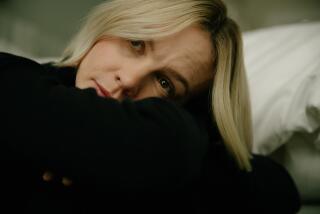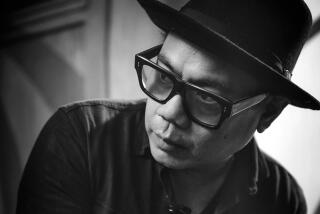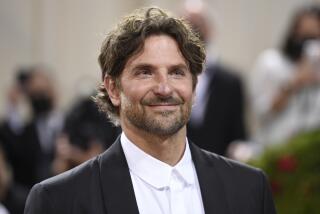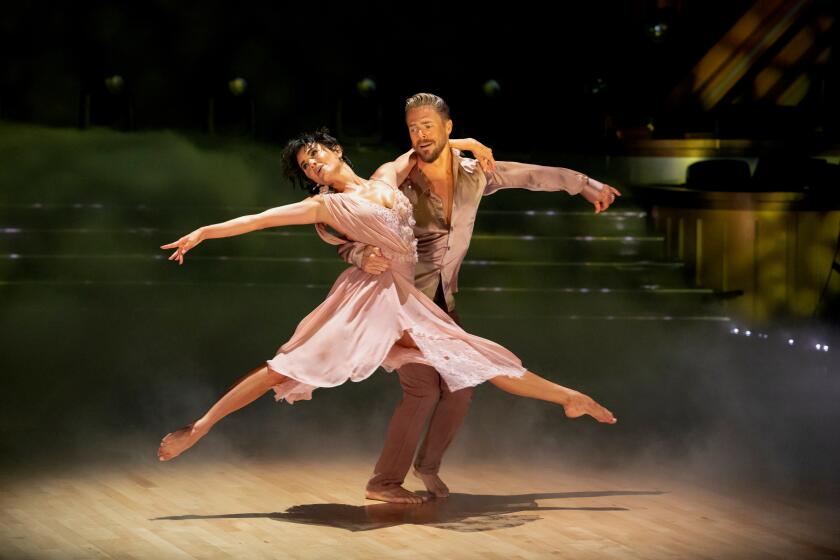Family Man
âGary Cooper Off Cameraâ is an inviting photo album-scrapbook-reminiscence that contains irresistible black-and-white photographs of the actor on almost every page. They establish Cooperâs apparent love for his family and his relish for the out-of-doors. The tallest man in any group shot, he appeared graceful and debonair whether hunting, fishing, riding, sketching, being chased by a bull, reciting Lou Gehrigâs farewell speech to the Yankees (by request) to the troops overseas during World War II, chastising a naughty dog, or sipping champagne in white tie at Romanoffâs. Only in studio stills, with his hair combed just so, does he look artificial.
Cooper was obviously comfortable in a vast variety of circumstances, and his close friends were as diverse as Hemingway, Picasso (pictured in Indian headdress) and a hunting and fishing guide in Colorado called Beartracks.
Because Cooper possessed such a vigorous film presence, and continues to have it, thanks in part to the American Movie Channel, it comes as a shock that he died in 1961 when his only child, Maria, was 21 years old. Born in Montana in 1901, Cooper made silents and two-reelers before he graduated to sound and stardom. Playing so many heroes, he became a national hero. Fred Zinnemann is quoted as saying, âGary Cooper was the personification of the honor-bound man.â Alvin York chose Cooper to play him in the movie Sergeant York, and Hemingway requested that Cooper play Robert Jordan in âFor Whom the Bell Tolls.â Despite such roles, Cooper never lost his humility. His daughter writes: âMy father lived his belief that he was âan average Charlie who became a movie star.â â
Readers might ask: Didnât Cooper bring scripts home to study? How did he work on them? Didnât he struggle, just a little, to achieve his natural portrayals? How did he move so smoothly from silents to talkies and from drama to comedy?
On this topic, Janis remains silent. Cooper seems to have learned to act by studying photographs his mother snapped of him when he experimented with making faces. âEven in the last weeks of his lifeâ when he was gravely ill Janis says, âonly once did I ever hear him discuss his profession, and one day he said very simply, but with a great deal of irritation, âDamn! Just when I was beginning to understand a little what acting is all about.â â
As for family matters, weâre all critics of our parentsâ marriage but, while Janis admits that Cooper was a âladiesâ manâ and mentions the affair with Patricia Neal that caused him to leave his wife and daughter for three years, she maintains that her father still conveyed his deep love for them. âThere were no subjects we couldnât and didnât discuss,â Janis says. As if that isnât enough, she gives photographic evidence that her parents took her everywhere: scuba diving, hunting, skiing, to an audience with the pope and even to meet the Italian girl they had âadoptedâ via the Foster Parents Plan for War Children.
I canât, however, help but wonder if Janis is a misguided soul who has fallen for a publicity departmentâs puffery, a dupe of her fatherâs grandiosity, or if Cooper was what she describes and she the saint of forgiveness. We will never know in this paean to her fatherâs goodness, a refreshing rarity in this age of tattle-tale memoirs.
More to Read
The biggest entertainment stories
Get our big stories about Hollywood, film, television, music, arts, culture and more right in your inbox as soon as they publish.
You may occasionally receive promotional content from the Los Angeles Times.










